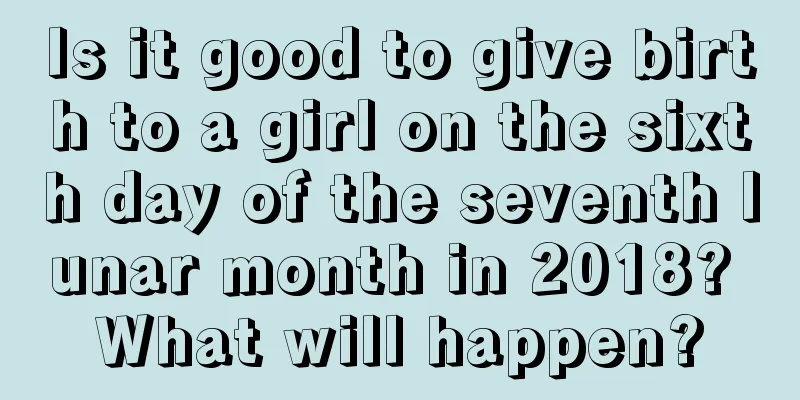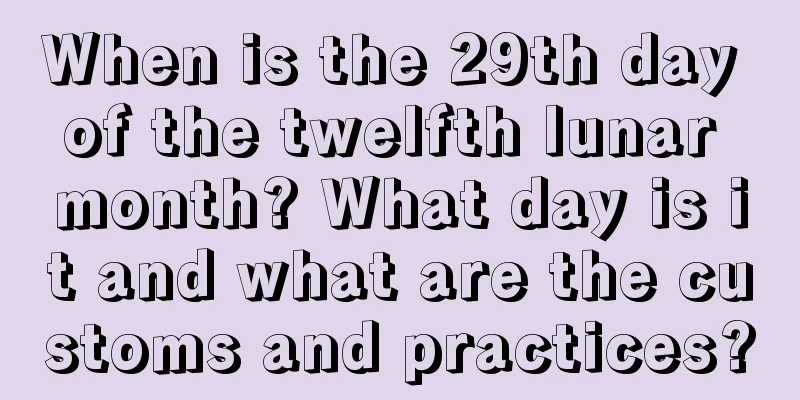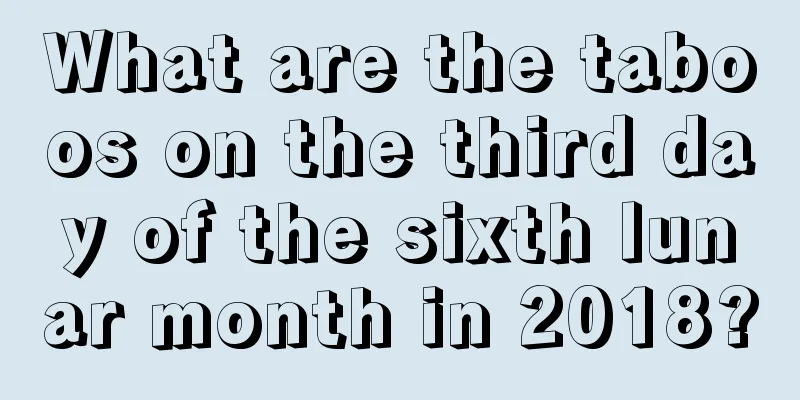What is the hexagram of Jingzhe in 2021? What are the customs and habits during Jingzhe?

The Waking of Insects comes with spring thunder. Want to know more about the Jingzhe solar term in 2021? When the first month of the lunar year arrives, every household is filled with joy. What are the customs of the first month of the lunar year? What other festivals are there besides the first day of the Spring Festival? Just go to Shuimoxiansheng.com’s 2021 New Year special topic and you’ll know!What is the hexagram of Jingzhe in 2021?The 2021 Jingzhe Festival falls on the 22nd day of the first lunar month in the year 2021. The Gregorian calendar falls on Friday, March 5, 2021, Pisces.Gua Xiang: Zhen represents thunder (Thunder Gua). Thunder Gua means calmness in the face of danger, middle to upper Gua. [Xiang said]: There is a golden bell in the mud, everyone is taking it as a toy stone, suddenly one day the bell is hung up, and its loud sound is known throughout the world. This hexagram is the same hexagram (lower Zhen and upper Zhen) superimposed. Zhen means thunder. When two Zhens overlap, the resonance is huge, which can eliminate the dull atmosphere and bring prosperity and smoothness. In normal times, we should be prepared for danger, be fearful, and not dare to be negligent. When encountering unexpected events, we can remain calm and talk and laugh as usual. [Career]: When you are in a bad or even dangerous situation, you must be vigilant and be prepared. Once an emergency occurs, you can remain calm and learn lessons from it. On the one hand, you can reduce losses, and on the other hand, you can recover quickly and take your career to new heights. [Doing business]: In the fierce competition in the market, problems may arise at any time and you may get into trouble. Deal with the coming reality calmly and calmly, adhere to the principle of impartiality and moderation, and overcome difficulties calmly with a firm attitude. After a crisis, you will definitely gain huge benefits. 【Seeking fame】: You are likely to encounter setbacks. Don't be discouraged, but reflect on yourself and find out the crux of the problem. [Going out]: Travel boldly and don't pay attention to minor disasters. [Marriage and Love]: Accidents may occur in both love and family. You should deal with them calmly and you will get ideal results. [Decision-making]: At a turning point in life. We should correctly sum up the past and lay the foundation for opening up new undertakings. On the road ahead, you should always be fearful, work diligently, adhere to the correct principles, move forward in the face of difficulties, and your destiny will be prosperous. What are the customs and habits during Jingzhe?1. Eat pearsThere is a folk custom of eating pears during the Waking of Insects. Legend has it that the Qu family, a well-known Shanxi merchant family, was descended from Qu Ji, a native of Changzi County, Shangdang. In the early years of Hongwu in the Ming Dynasty, he brought his two sons, Xin and Yi, and traded Shangdang's Lu hemp and pears for Qi County's coarse cloth and red dates. He traveled back and forth between the two places to make a profit. Over time, he saved some money and settled down in Qi County. During the reign of Emperor Yongzheng, the fourteenth generation Qu Baichuan left for the west on the day of Jingzhe. His father took out a pear and asked him to eat it, saying that his ancestors started a business by selling pears, experienced hardships, and settled in Qi County. Today is the Jingzhe day for you to leave for the west, and eating pears means that you will not forget your ancestors and work hard to start a business to bring honor to your family. Qu Baichuan went to the west to do business and became rich, and named the business he opened "Changyuanhou". Later, those who went west also followed suit and ate pears, mostly with the intention of "leaving home to start a business." Even later, pears were eaten on the Waking of Insects Day, with the idea of "working hard to honor ancestors." 2. White Tiger Sacrifice According to folklore, the White Tiger is the god of gossip and right and wrong. Every year, it comes out on this day to hunt for food and bite people. If you offend this, you will be bullied by evil people throughout the year, and your future development will be hindered, causing you all kinds of misfortunes. In order to protect themselves, people offered sacrifices to the White Tiger on the day of Jingzhe. The so-called white tiger sacrifice refers to the worship of a white tiger drawn on paper. The paper tiger is usually yellow with black stripes, and has a pair of fangs painted on the corners of its mouth. During worship, the paper tiger is fed with fat pig blood so that after it is full it will not speak ill of others. Then raw pork is smeared on the mouth of the paper tiger so that it is filled with oil and water and it cannot open its mouth to speak ill of others. 3. Drum skin The Waking of Insects is caused by thunder. The ancients imagined that the God of Thunder was a great god with a bird's beak, a human body and wings. The Thunder God holds a hammer in one hand and strikes the many heavenly drums surrounding him with the other, making a rumbling thunderous sound. So on the day of Jingzhe, the god of thunder beats the celestial drum in heaven, and people on earth take advantage of this opportunity to cover the drum skin. In the "Zhou Li" Volume 40 "Hui Ren" it says: "All the beating of drums must be on the day of the awakening of hibernation." Note: "The awakening of hibernation is the first month of spring, when hibernating insects begin to move upon hearing thunder; drum is the symbol; and mao means covering the drum with leather." It can be seen that not only the ecology of insects is in harmony with the movement of the four seasons, but humans, the most intelligent creatures on earth, must also follow the will of heaven so that everything can be done with twice the result with half the effort. 4. Beat the villain The Waking of Insects is like a thunderclap out of the blue, awakening all the hibernating snakes, insects, rats and ants. The reptiles and ants in the house will respond and start looking for food everywhere. Therefore, in ancient times, on the day of Jingzhe, people would hold fragrant incense and mugwort and fumigate the four corners of their homes to use the fragrance to drive away snakes, insects, mosquitoes, rats and musty smells. Over time, this gradually evolved into a habit of those who were unhappy slapping their opponents and driving away bad luck, which is the predecessor of "beating the villain". "Qian Jin Yue Ling" said: "On the day of Jingzhe, take lime and sprinkle it outside the door threshold to kill insects and ants." Lime has the effect of killing insects. On the day of Jingzhe, it is sprinkled outside the door threshold. It is believed that insects and ants will not dare to come to the house for a year. This is the same as shaking clothes when hearing thunder. Both are to give insects a warning when they come out of hibernation, in the hope that pests will not come to harass you. Do you want to know your own Bazi? Want to figure out where your golden marriage is? Click on the [Premium Calculation] below to calculate your horoscope and fortune! |
<<: Is February 14th of the lunar calendar 2021 an auspicious day for travel?
Recommend
Is it a good idea to move house on November 25th of the lunar calendar in 2017? Can I move into a new home?
In the eleventh month of the lunar calendar, whet...
Is June 24th of the lunar calendar in 2022 an auspicious day? How are you doing?
An auspicious day refers to a good day when it is ...
Is it a good idea to move house on December 29th of the lunar calendar in 2019?
Is it a good idea to move house on December 29th ...
The first day of April in the lunar calendar of 2018, is it a good day?
April is also known as Mengxia, Yinyue and Meiyue...
Is the fifth day of the first lunar month in 2019 an auspicious day?
The fifth day of the first lunar month is commonly...
What are the do’s and don’ts on April 29th of the lunar calendar in 2020?
What are the do’s and don’ts on April 29th of the...
Is the 13th day of the eighth lunar month in 2019 suitable for funerals? Analysis of the auspiciousness and inauspiciousness of today's time!
Introduction: Funeral is an important event, and g...
What are the taboos on the second day of the eleventh lunar month in 2019?
What are the taboos on the second day of the elev...
Is it a good time to open the market and receive money (sign contracts) on April 22, 2020 in the leap lunar calendar?
Signing contracts on an auspicious day will help i...
Is March 15th of the lunar calendar in 2021 an auspicious day? Is a haircut okay?
The quality of a haircut at different times is als...
Is the 21st day of the sixth lunar month in 2018 a suitable day for signing a contract? Which direction does the God of Wealth face on that day?
Since everyone now likes to pick a good day for go...
What day is Christmas in 2019 and what are the corresponding five elements?
Christmas is on December 25th every year, and this...
What is the fate of a rat boy born on Women’s Day, February 15, 2020? What is his zodiac sign?
Introduction: There are 365 days in a year, and ea...
Is the first day of June in the lunar calendar 2021 an auspicious day? Can I make a bed?
The advantages and disadvantages of setting up the...
Is it okay to hold a sacrifice the day before Ghost Festival on July 14, 2019? What time can we not go out on the Ghost Festival?
Introduction: Generally, an auspicious day must be...









